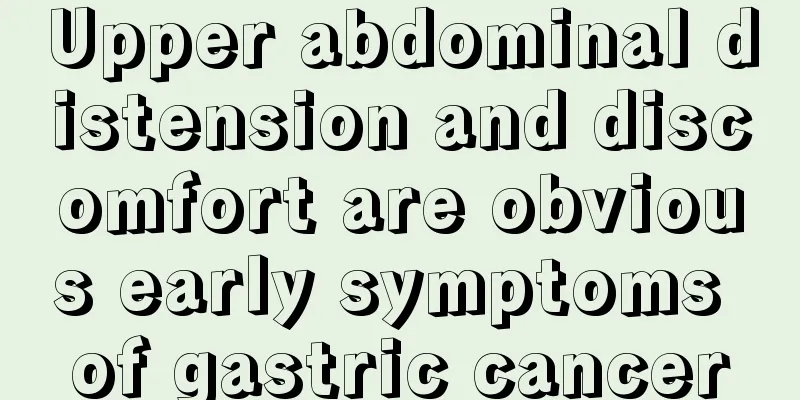The dangers of mouth breathing

|
For those patients with rhinitis, they often feel that their noses are blocked, especially when they are lying in bed at night, their noses are blocked and they can't breathe, so most people choose to breathe through their mouths. In fact, breathing through the mouth is not right for our respiratory system, because there is nothing in the mouth, and it is very likely to breathe in some small particles in the air. So what are the dangers of breathing with your mouth open? Children who suffer from diseases such as adenoids hypertrophy, rhinitis, and severe nasal septum deviation will have poor ventilation due to partial or complete blockage of the nasal cavity or posterior nasal cavity, so they will breathe through their mouths, which can cause the child to suffer from mandibular protrusion deformity. The cause of the disease is the unconscious habit of mouth breathing. Some people have normal nasal cavity but still breathe through the mouth. Over time, mouth breathing continues and the habit of mouth breathing is formed. Nasal diseases such as chronic rhinitis, nasal concha hypertrophy, nasal polyps, deviated nasal septum or sinusitis can cause partial or complete obstruction of the respiratory tract, requiring mouth breathing. 1. Nasal diseases such as chronic rhinitis, nasal concha hypertrophy, nasal polyps, deviated nasal septum or sinusitis can cause partial or complete obstruction of the respiratory tract, and mouth breathing should be used instead. 2. Unconsciously developed mouth breathing habits. Some people have normal nasal cavities, but still breathe through their mouths. Over time, mouth breathing continues and they develop a habit of mouth breathing. 3. Enlarged tonsils and adenoids. examine (1) The child breathes through the mouth, and sometimes a typical adenoid facies can be seen. (2) Oropharyngeal examination reveals a high and narrow hard palate, viscous secretions flowing from the nasopharynx, and enlarged palatine tonsils. (3) Anterior rhinoscopy can reveal a large amount of secretions in the nasal cavity and swollen mucosa. (4) Fiberoptic nasopharyngeal endoscopy can reveal lobed lymphoid tissue with longitudinal fissures on the surface at the top and posterior wall of the nasopharynx, resembling half a peeled orange. Often more than two-thirds of the posterior nasal passage is blocked. This is currently the most commonly used method for adenoids examination. (5) Lateral nasopharyngeal radiograph: can measure the degree of obstruction of the nasopharyngeal airway. (6) Palpation: Use your fingers to palpate the nasopharynx. Soft masses may be felt on the top and posterior wall of the nasopharynx. (7) CT: CT axial images show deformation and narrowing of the nasopharyngeal air cavity, thickening of the posterior wall soft tissue, and uniform density. |
<<: What are the taboos in acupuncture
>>: Height increase at 35 years old
Recommend
Symptoms of opening up the Ren and Du meridians
I believe that anyone who has read martial arts n...
Female friends: Timely treatment of gynecological diseases can prevent the cause of uterine cancer
For female friends, timely prevention of the caus...
What can I use instead of plastic wrap
Everyone has a refrigerator at home. If there is ...
There is a lot of discharge from the eyes
Many people find a lot of secretions in the corne...
What's the danger if the patient's heart rate is 160
Tachycardia refers to the heartbeat being too fas...
What are the symptoms of parietal lobe brain cancer
What are the symptoms of parietal lobe brain canc...
How long after a normal birth can I wear high heels
Every woman has high heels in her shoe cabinet. H...
How to remove the cuticle
Keratin is a substance present in human skin. Cut...
Methods of treating colorectal cancer with traditional Chinese medicine
This disease belongs to the categories of "v...
TCM Syndrome Differentiation and Treatment of Liver Cancer
TCM Syndrome Differentiation and Treatment of Liv...
Pinching a woman here can predict health risks
We know that the condition of nails or fingers ca...
What are the early symptoms of lung cancer? These symptoms of early lung cancer are common
Lack of exercise or decreased immunity may cause ...
What is the function of freeze-dried tablets
Most freeze-dried tablets can supplement trace el...
What is the reason for vomiting at night
In daily life, many people have experienced vomit...
What medicine should I take for coccyx pain
Lumbar muscle strain is a very common disease amo...









